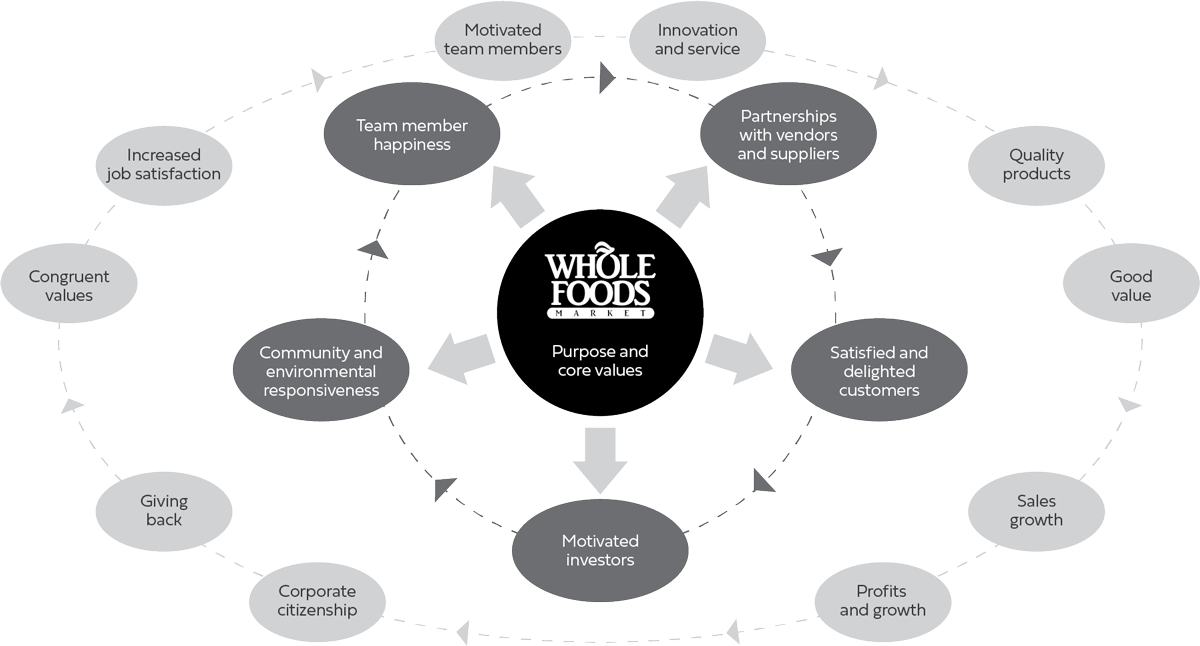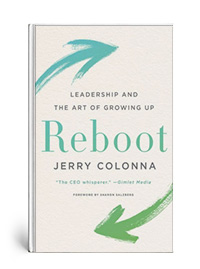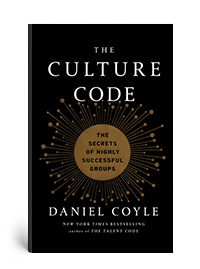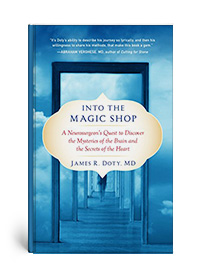Friends,
Welcome to my tenth quarterly newsletter.
There is a profound evolution that is happening in the US business community and around the world. At the core of this evolution is the recognition that capitalism has a much broader role to play than merely creating shareholder/owner wealth. I believe this evolution could have immense consequences to how we lead and how companies behave. Let me explain.
On September 13, 1970, Milton Friedman wrote a now famous editorial in the NY Times entitled “The Social Responsibility of Business is to Increase its Profits.” In it, he set forth that the shareholder or owner should be the sole focus of business leaders, as long as they played by the laws that govern them. This theory became known as the Friedman Doctrine or even more broadly as the Shareholder Theory of business. In the latter part of the 20thcentury and the dawning of the 21st century, the Shareholder Theory has been the underlying premise of capitalism. Among those who embraced this theory was the Business Roundtable, a group of nearly 200 CEO’s of the largest American companies representing 30% of American private capital. The theory presumes that when we do well by the shareholder/owner, all else will fall into place.
But everything hasn’t fallen into place. Income inequality has risen to a point not seen since the 1920’s. The health of American workers has declined such that life expectancy is actually declining. Depression, suicide, addiction rates are all increasing. Additionally, we are facing serious environmental consequences, not the least of which is a warming climate. Along with these changes has come a decline in the way people perceive capitalism. Today people under 30 have a more positive view of socialism than they do of capitalism. Yet capitalism, not just in the US, but around the world, has generated incredible economic advances over the last 200 years.
In 2010 a non-profit was formed – the Conscious Capitalism Organization. This organization was founded on a belief that businesses must work to create value not just for owners, but for all stakeholders: customers, employees and their families, suppliers, owners, society, and the environment. The Conscious Capitalism Organization, and what has become the conscious capitalism movement, seeks to “benefit humanity through business.” This organization has spread to over 19 cities across the US.
This movement picked up more speed in 2013 when John Mackey, Co-CEO of Whole Foods Market, released his book Conscious Capitalism: Liberating the Heroic Spirit of Business. John Mackey wrote about a number of businesses in addition to Whole Foods – Southwest, Patagonia, Costco, Container Store, Google and dozens of others – that seek to meet the needs of all stakeholders. Below is a model from John Mackey’s book of how Whole Foods Market sees its various stakeholders and how they think about their connections to each other and to the company. I think this model is applicable to most any business that practices conscious capitalism.

Then on August 19 of this year, the Business Roundtable issued an updated definition of the purpose of a corporation and this statement may vastly accelerate the conscious capitalism movement. The new statement signed by 181 CEO’s states that a corporation serves several different stakeholders, not just the owners, and to meet the needs of all these stakeholders is why a corporation exists. Here is a key portion of the Business Roundtable Statement of the Purpose of a Corporation.
While each of our individual companies serves its own corporate purpose, we share a fundamental commitment to all of our stakeholders. We commit to:
- Delivering value to our customers. We will further the tradition of American companies leading the way in meeting or exceeding customer expectations.
- Investing in our employees. This starts with compensating them fairly and providing important benefits. It also includes supporting them through training and education that help develop new skills for a rapidly changing world. We foster diversity and inclusion, dignity and respect.
- Dealing fairly and ethically with our suppliers. We are dedicated to serving as good partners to the other companies, large and small, that help us meet our missions.
- Supporting communities in which we work. We respect the people in our communities and protect the environment by embracing sustainable practices across our businesses.
- Generating long-term value for shareholders, who provide the capital that allows companies to invest, grow and innovate. We are committed to transparency and effective engagement with shareholders.
Each of our stakeholders is essential. We commit to deliver value to all of them, for the future success of our companies, our communities, and our country.
I think business leaders are coming to understand that in truth, you can’t prioritize one group—be it owners, employees, customers, communities—without neglecting the others.
In effect, conscious capitalism is flipping Milton Friedman’s ends and means. Friedman believed you did well by constituents in order to make money for owners. Conscious capitalist are now suggesting you make money, so you can do well for all your constituents – customers, employees and their families, suppliers, communities, the earth, and the owners. When the only end is to make money, I think an organization misses out on one of the most motivating of human forces. They miss out on the power of transcendence – the act of doing something which provides benefit beyond oneself.
As the 21st century unfolds, I believe the most successful leaders will be those who move from ego to conscience, from status to significance, from win/lose to win/win. Leaders who lead with their minds, hearts, and souls and seek a higher purpose than simply creating wealth for the owners – to benefit all of society. Higher purpose creates engagement, it inspires creativity, it cultivates extraordinary growth, it arises people’s passions and, in so doing it, increases the owners’ wealth as well.
If we want to restore the image of capitalism, if we want capitalism to benefit the world in which it exists, if we want capitalism to expand across the globe, I think it has to evolve to reflect what the Conscious Capitalism Organization, John Mackey and now the Business Roundtable have stated—that we lead a business in a more holistic manner to serve all stakeholders – and this will benefit humanity through business.
Thanks for reading. Be well … in fact, flourish!

–Douglas. A. Smith
“Great companies have great purposes.”
–John Mackey, Author & Founder of WholeFoods Market
From the bookshelf!
Books I am reading and highly recommend.



